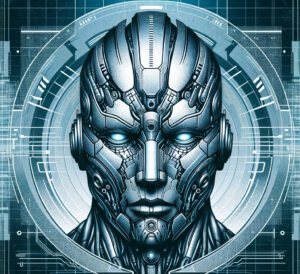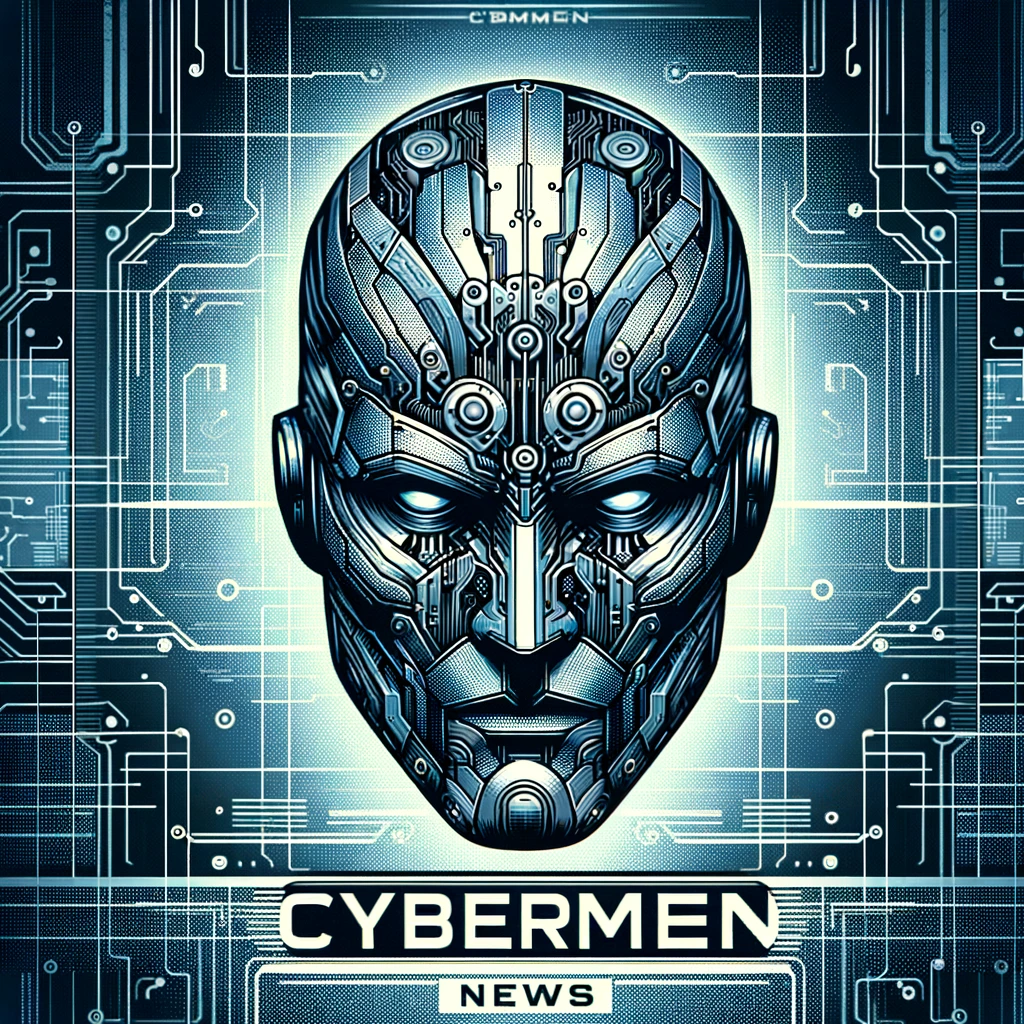Since its publication in 1818, Mary Shelley‘s groundbreaking novel, Frankenstein; or, The Modern Prometheus, has captivated readers for over two centuries, raising profound questions about the nature of humanity, the ethics of creation, and the consequences of scientific overreach. Among the most enduring and complex questions the novel poses is that of the monster’s identity: What does it mean to be human, and can a creature constructed from disparate parts truly be considered a human being?
The Embodiment of Contradictions in Frankenstein
The monster in Frankenstein is a study in contradictions. Physically imposing and grotesque, he nevertheless possesses a deep capacity for empathy and intellectual curiosity. His desperate longing for connection and acceptance is met with universal fear and revulsion. This duality compels us to question whether his monstrous nature is inherent or a product of societal rejection.
The Monstrous Exterior Versus the Human Interior
On the surface, the monster’s patchwork appearance marks him as an outsider, immediately eliciting fear and disgust. His grotesque form, a vivid symbol of the unnatural, seems to place him beyond the bounds of humanity, destined for isolation. Yet, this external judgment overlooks the rich inner life that Shelley painstakingly portrays.
The monster demonstrates an extraordinary ability to learn and reflect. He teaches himself language and philosophy and develops an acute understanding of human emotions. His articulate pleas for companionship reveal not a creature of malevolence, but one of complexity and depth, challenging the superficial bases by which society assigns value and identity.
Shaped by Societal Rejection
Frankenstein’s tale is a tragic cycle of rejection and retaliation. Society’s refusal to look beyond his exterior drives him to violence, not as a testament to his nature but as a response to enduring cruelty. His evolution from an innocent seeker of companionship to a vengeful outcast underscores the destructive impact of societal prejudice and fear.
Moreover, Shelley suggests that identity is malleable, sculpted by interactions and experiences. The monster’s initial innocence hardens into bitterness as he is consistently met with revulsion. His transformation is a poignant commentary on the role of societal acceptance in shaping the self.
A Mirror to Modernity
Shelley’s novel, while set in the 19th century, resonates with contemporary issues of discrimination and the longing for acceptance. The monster’s struggle mirrors the experiences of those judged and marginalized by their appearance or circumstances. Through his eyes, we see the cruel consequences of societal rejection and the profound need for empathy and understanding.
Concluding Reflections
Frankenstein leaves us with no easy answers, only invitations to ponder the vast landscape of humanity. The monster, with his blend of tenderness and rage, compels us to question the very foundations of identity and acceptance. Shelley’s narrative urges us to look beyond the surface, to recognize the shared desires for love and belonging that unite us all.
By refusing to provide simple solutions, Shelley not only engages with the philosophical debates of her time but also challenges us, her modern readers, to confront our biases. The story of Frankenstein’s monster is a call to extend our empathy beyond the familiar, embracing the complexity and diversity that define the human experience.


